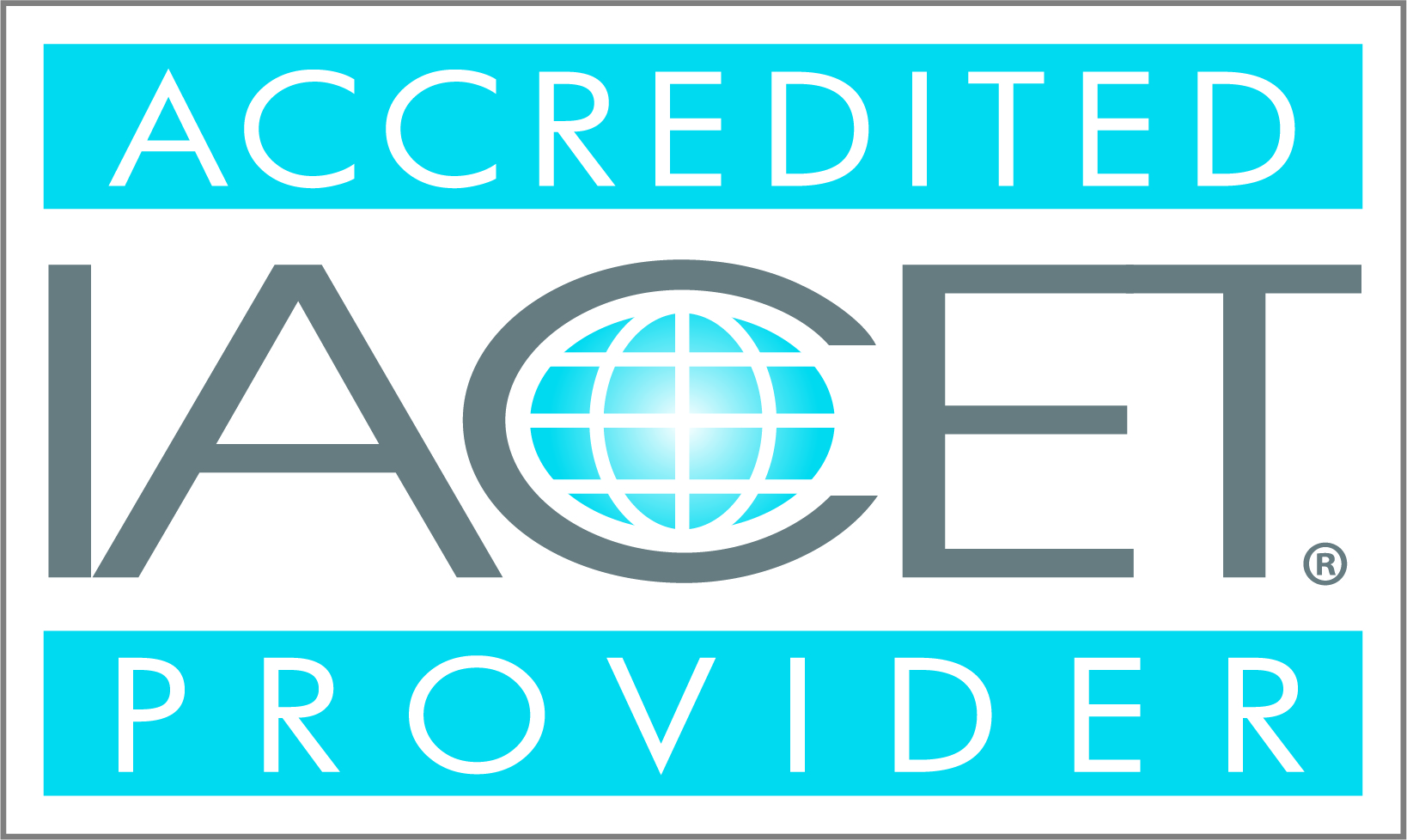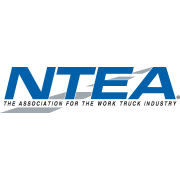LATEST NEWS

Transforming Course Registration
In today’s fast-evolving educational landscape, adaptability and efficiency are crucial. Learning Without Scars is leading the charge in enhancing the course registration experience, demonstrating a strong commitment to improving both student and client interactions. However, as with any major innovation, there are valuable lessons to be learned. By comparing Learning Without Scars’ advancements with the flexibility and ease of use found in third-party educational platforms, we gain a clearer understanding of the future direction of educational technology.
Continuous Improvements and Innovations
Learning Without Scars is actively refining its approach. Recent updates focus on streamlining the registration process, enhancing website navigation, and offering personalized support for students, clients, and staff. These efforts aim to provide a more compelling alternative to lower-cost options by boosting the value and efficiency of the Learning Without Scars platform.
Center of Excellence: Shaping the Future
Looking ahead, Learning Without Scars is working to establish a network of Centers of Excellence across the U.S., Canada, and beyond. This ambitious initiative aims to transform vocational training by reevaluating revenue-sharing and commission models, attracting top-tier talent, and securing valuable resources for long-term success.
New Learning Management Platform
The team members at Learning Without Scars are pleased to announce the official launch of our new education platform.
We are activating sections of our education offering as each one is completed.
Assessments are now available and soon to be followed by classes, certifications, and lectures.
Under the Education menu option, you will find 3 choices:
Certifications
We are pleased to offer you 3 certification levels for 5 departments. You will also be presented with 8 recommended prerequisite classes to ensure you have the base knowledge requirements for taking the certification.
Job Functions
This “Steps to Success” offering which takes advantage of a unique, job specific assessment to determine you your skill level to determine the recommended 8 classes to improve your knowledge.
Curriculums
A complete list of classes by department is available for your selection.
Your Feedback is Always Welcome
Please email ron@learningwithoutscars.org with your questions or concerns.
We provide comprehensive online learning programs for employees starting with an individualized skills assessment. These assessments allow us to then create a personalized employee development program. From their assessed skills, the employee is asked to select from classes designed for their skill level which allow them to address the gaps in their knowledge level. This allows the employees to move through four progressive categories of learning: Developing, Beginning, Intermediate, and Advanced.























